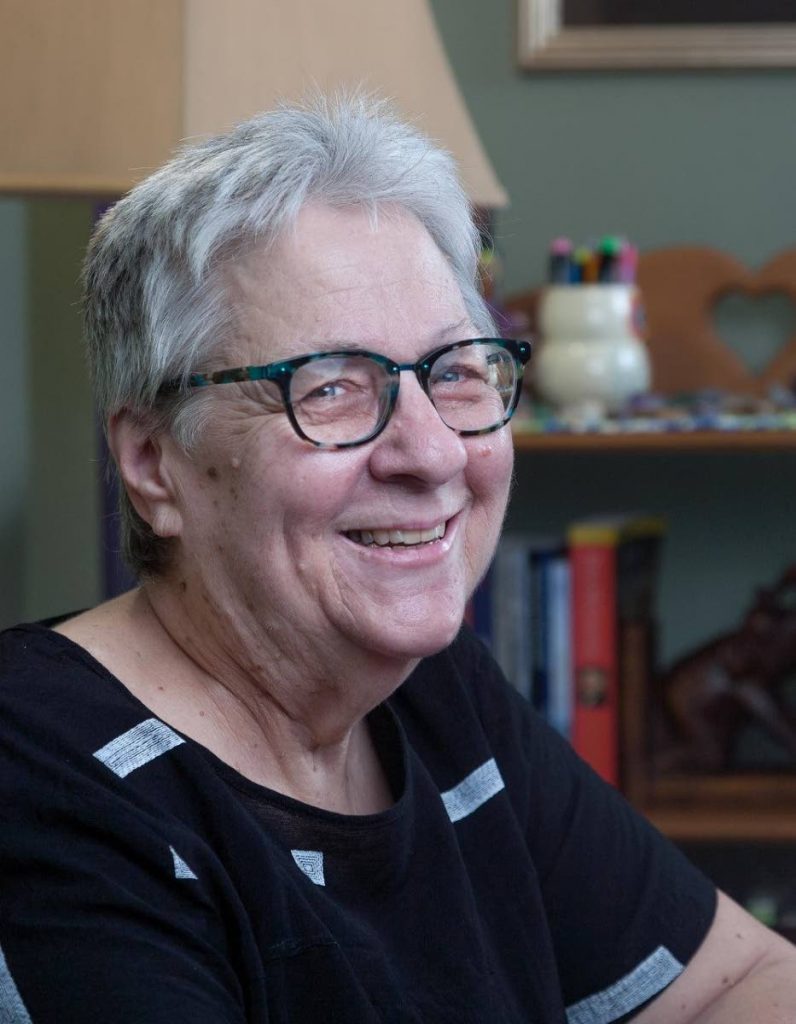Value of school libraries

WHEN IT comes to education, the least valued place in the teaching chain is the school library. Our school libraries are notoriously under-utilised. Correct me if I’m wrong, but in the local system, I don’t know of any secondary school library that has library science classes built into the timetable.
I know enterprising secondary school librarians who organise fun, lunch-time activities like Scrabble games, book clubs and guest speakers or authors for classes.
Our elementary schools, where reading should be encouraged, often don’t have school libraries. The NGO Let’s Read has been setting up libraries in many places, but elementary schools don’t have qualified school librarians to take care of those libraries when they are set up.
School libraries should be places that students visit formally at least twice a week in their classes. Libraries shouldn’t sit empty most of the day and become old-fashioned study halls in the afternoon when school is dismissed.
Students who enjoy reading gravitate to the library, but most school libraries don’t have a budget to keep up with the latest literature. It’s difficult for school librarians to instill a love for literature in students if they can’t see them except for lunch break and after school.
There are people who argue that libraries have become obsolete in this computer age, when in fact libraries and the librarians who run them are more important than ever. A trained librarian knows how to navigate the internet to teach skills like choosing reputable sources for those school essays and school-based assessments (SBAs).
They teach students how to recognise fake news, which is important to know at a time when too many people – children included – get their news from social media.
Knowing where to find credible news and credible sources are skills that everyone needs for life. These are the skills we need to choose our politicians, evaluate the news we watch or read, or make choices on the products we buy.
How do we know when a politician is lying or swaying us with emotion rather than facts? How do we know the best way to monitor and save the environment? Where do we find information about the best careers to have in the next decade?
Librarians are the gatekeepers of credible and relevant information. School librarians have a mandate not just to support the curriculum (and even in that they are underutilised). They also have a mandate to help students identify and pursue their own personal interests. They help students to follow their curiosity and find information about hobbies or issues relevant to their lives.
Libraries should be the hub of each school. Each school needs a librarian who collaborates with classroom teachers to determine ways the library can support the curriculum.
Before I retired as the head librarian at the International School of Port of Spain (ISPS), I produced an Advanced Placement (AP) reading list for biology students. (AP is the US equivalent to CAPE.)
The biology teacher required students to read at least one book from that list every year. Students had to produce a critique of the book and determine if the author accomplished what he or she said she would do when writing the book. English and history teachers brought students to the library weekly to choose books to read. Library books broadened students’ knowledge on topics skimmed over in textbooks.
Librarians know there is no such thing as not having enough time to read. Every student can squeeze ½ hour out of a day to read. Students are on their phones sending messages or on social media far more than that during the day.
If the average book is 75,000 words and the average reader spends just ½ hour a day, secondary school students would be able to read 28 books a year. The College Board that runs the Scholastic Aptitude Test (SAT), which is the admission exam for many US universities, says students should read 25 books a year to do well in university.
Students can’t write good essays unless they read. Reading helps with structure, vocabulary and grammar in writing. It helps students to understand theme and thesis statement, how to support a theme and understand support. Students develop analytical and invaluable communication skills through reading.
Librarians are the guardians of all of the learning skills students need to succeed. We need to value our librarians and utilise our libraries more. It really is time for us to revolutionise the way we view school libraries.


Comments
"Value of school libraries"